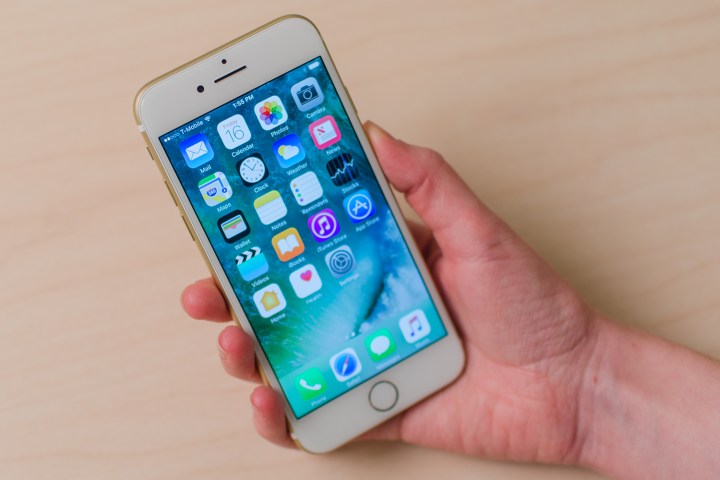
Research firm Kantar says that iOS phones rose to a level that equated to a 40.5-percent market share in the three months ending in October. This was its highest share of the market since the quarter ending January 2015, and up nearly seven points year over year. The iPhone 7 was the top-selling phone, commanding a 10.6-percent share.
Following the 7 was last year’s 6S, with the Samsung Galaxy 7 and the 7 Plus coming in fourth with 5.3 percent of the market. Another key finding was that Android appears to be struggling in the U.S., seeing a 5.6-percent market share drop, the only country other than Japan to see a decline.
Android devices still make up nearly 58 percent of all phones sold, but the platform in general has seen a market share slip every year since 2012. One potential reason for the decline could be the end of phone subsidies. Traditionally, Android phones were more heavily subsidized than their iPhone counterparts, putting Apple’s devices at a premium.
Another reason could be Apple’s change in strategy generally over the same period to expand its line, either by merely continuing to manufacture older models or by introducing budget versions like the 5C and iPhone SE at cheaper prices.
Either way, it’s good news for Apple. Even more good news is that Kantar believes the loss of the traditional headphone jack is all but a non-issue for consumers as it hasn’t had a huge effect on sales overall.
iPhone fans might want to temper their enthusiasm just a bit, though. While the sales numbers here in the U.S. are solid, Android devices still hold a 75-percent share or better in most countries, save those where premium devices garner a larger share of the market. “This is not a surprise, nor should it be, as Android’s business model provides consumers with a variety of brands and price points from which to choose,” Kantar’s consumer insight director Lauren Guenveur said.
That means that the iPhone is likely to never overtake Android merely because of its different business strategy. All is not lost, though: “While Android dominates in terms of the raw number of devices it powers, Apple remains the most desirable smartphone brand in the world,” Guenveur concluded.


